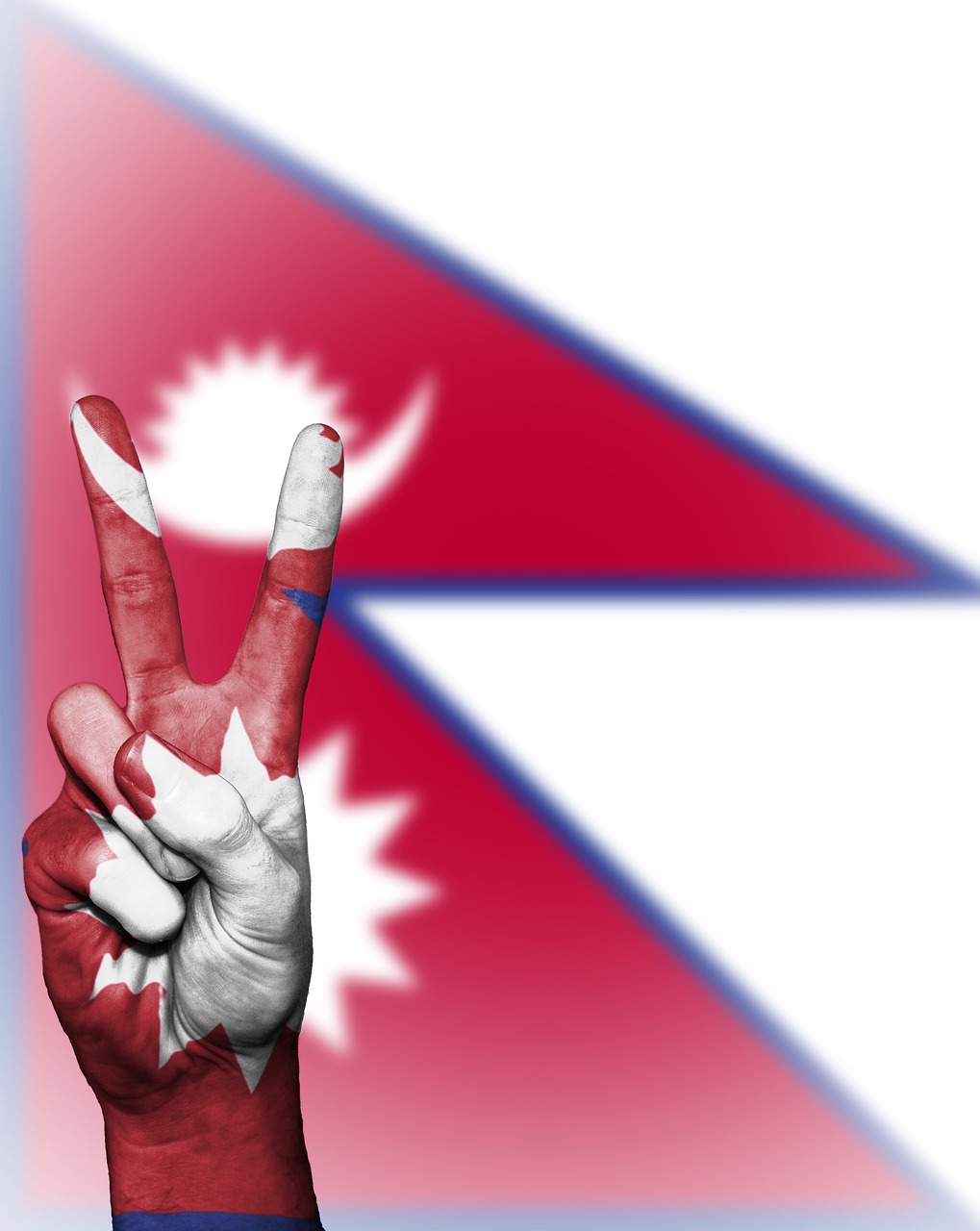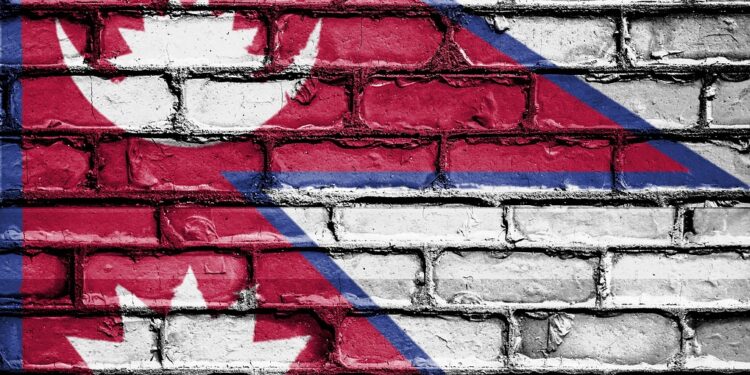It is hard to miss the irony here. After weeks of fierce protests that saw Nepal’s parliament burned and a prime minister forced out, the same Gen Z movement that shouted for change is now pointing to a 73-year-old former chief justice, Sushila Karki, as interim leader. Can Gen Z really hand Nepal to a 73-year-old judge? The headline almost writes itself, because the contradiction is glaring.
From fire on the streets to talks with the army
This week, the army chief, General Ashok Raj Sigdel, sat with protest leaders in Kathmandu. They spoke about peace, security, and the future of the country. Just days before, soldiers were on the same streets facing down angry crowds after at least 19 people were killed in clashes. Government offices were set on fire, and social media bans pushed young people to the edge. Out of this chaos, the army is now listening to the very protesters it tried to silence.

Why Karki?
Supporters say Karki, Nepal’s first female chief justice, brings credibility and neutrality. She is respected, and in a fragile moment like this, perhaps respect is currency. Yet, it is striking that a movement born from young anger and digital spaces like Discord could end up settling on a figure so far removed from their world. Karki is 73, an academic steeped in the old institutions that the youth claim they want to break away from.
A divided youth front
The choice is not unanimous. In online meetings with thousands of young voices, many names were floated. Some wanted fresh faces, others insisted only someone with experience could hold the country together. Journalist Pranaya Rana put it bluntly: this is a decentralised movement, so competing voices are inevitable. That makes the Karki option feel more like a compromise than a true generational victory.
Old leadership in new clothes?
Is Nepal heading for real change or simply recycling leadership under a new banner? The protesters demanded an end to corruption, heavy-handed crackdowns, and the silencing of free speech. But appointing someone from the old guard risks dulling the radical edge of the movement. Karki herself says experts need to “come together to figure out the way forward.” That sounds cautious, maybe too cautious for a country still smouldering from the flames of revolt.
The uneasy calm
Kathmandu is now quieter, but only because of army checkpoints on every corner. For now, the streets are watching, waiting to see if the president will stamp Karki’s name as interim leader. If Gen Z wanted a shock to the system, this may not be it. The danger is clear: a movement that shook a nation could end up handing power back to the same age and mindset it rose up against.

















